Through the international project "South-South Cooperation to scale up climate-resilient value chain initiatives", the International Fund for Agricultural Development (IFAD) supports farmers in many northern mountainous provinces and the Mekong Delta to have stable income and improve their livelihoods.
Cao Bo Commune, Vi Xuyen District, Ha Giang Province is famous for Shan Tuyet tea trees - the oldest tea tree in Vietnam. Like many other farmers in the commune, Hoang Tinh Kiem's family (Tham Ve Village, Cao Bo Commune) takes tea trees as their main source of income with 3 crops a year. However, in recent years, the climate change situation has become increasingly severe, with erratic sunshine and rain reducing the value and quality of tea.
Mr. Kiem was supported and facilitated to participate in training on the transfer of advanced tea production and processing science and technology, through which he gained knowledge about tea production adapted to climate change.
[caption id="attachment_431547" align="aligncenter" width="768"]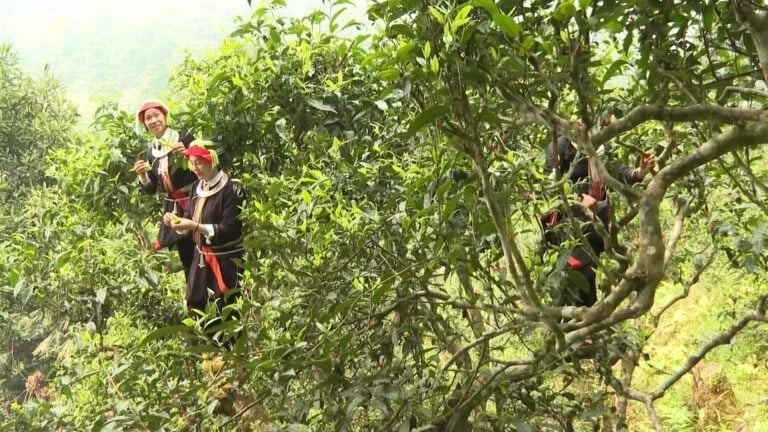 Cao Bo Commune, Vi Xuyen District, Ha Giang currently has 1,000 hectares of Shan Tuyet tea. Photo: hagiang.gov.vn[/caption]
Cao Bo Commune, Vi Xuyen District, Ha Giang currently has 1,000 hectares of Shan Tuyet tea. Photo: hagiang.gov.vn[/caption]In early 2019, he joined the Tham Ve 2 tea production and processing cooperative. When the cooperative received 100 million VND from the project "Poverty reduction based on commodity development in Ha Giang province", Mr. Kiem built a drying house, bought a tea roasting and drying machine. He also promoted the cooperative's tea products through various sales channels such as Facebook, Zalo, and relationships with tea shops in and outside the province as well as exported tea to China with the help of authorities at all levels.
Also in Ha Giang, with the support of IFAD, Phin Ho Tea Cooperative (in Thong Nguyen commune, Hoang Su Phu district) has produced organic tea combined with deep processing to produce high-class, premium products.
The cooperative also expanded its processing links with more than 1,000 households through interest groups in strict compliance with production and processing procedures according to Vietnamese organic standards and European organic standards. In recent years, the cooperative has exported organic tea to Taiwan and Europe.
In Ha Giang, there are also a number of other models selected for replication such as: carp farming model in terraced fields in Hoang Su Phi district; peanut oil purchasing and processing model; model of linking planting, harvesting and preliminary processing of medicinal herbs in Bac Quang district; model of linking production, processing and consumption of products from wild bitter melon in Xin Man district; beekeeping and preliminary processing and packaging model of mint honey; model of growing melon in greenhouses in Vi Xuyen district...
In Cao Bang, to cope with the harsh winter weather and proactively provide food for cattle and other livestock, many farmers in Ha Quang district have switched from free-range farming to farming adapted to climate change. Cattle are completely confined, combined with grass planting to ensure roughage and concentrates, so that livestock do not lack food in the cold season.
Up to now, this model has been replicated in 30 communes in 3 mountainous districts of Cao Bang. In addition, Cao Bang also has many other models: black jelly processing; linking peanut seed production; products from bamboo; composting animal feed; organic tea associated with eco-tourism...
[caption id="attachment_431559" align="aligncenter" width="620"] Ben Tre develops organic coconut material areas, increasing production value. Photo: VNA[/caption]
Ben Tre develops organic coconut material areas, increasing production value. Photo: VNA[/caption]In Ben Tre, with the ability to withstand salinity up to 4-5‰, coconut trees are less affected by saltwater intrusion than other perennial crops. The organic coconut production and processing linkage model of Beinco Company is one of 9 agricultural value chain models in Ben Tre province selected by the project.
Beinco Company invests in the public-private partnership model to build a coconut processing factory, promote trade promotion activities to expand the market. Activities include training on organic coconut farming techniques for farmers and building links with cooperatives in Mo Cay Bac and Giong Trom districts.
In addition to the organic coconut growing model, Ben Tre has many other models selected by the project to replicate such as: drying bananas in greenhouses; digging ponds to store fresh water; raising sea ducks, raising goats for breeding; sustainable clam linkage chain...The above models are part of the international project "South-South Cooperation to scale up climate change adaptation value chain initiatives" funded by IFAD, the United Nations rural development agency, and implemented in four countries: China, Cambodia, Laos and Vietnam. With effective cooperation over the past four decades, IFAD has actively supported poverty reduction and rural development in Vietnam, especially in mountainous and extremely difficult areas, and is currently implementing many projects on smart agriculture and climate change adaptation. |
Minh Thai


![[Photo] General Secretary To Lam and his wife begin their official visit to Bulgaria](https://vphoto.vietnam.vn/thumb/1200x675/vietnam/resource/IMAGE/2025/10/23/1761174468226_tbtpn5-jpg.webp)
![[Photo] Da Nang: Shock forces protect people's lives and property from natural disasters](https://vphoto.vietnam.vn/thumb/1200x675/vietnam/resource/IMAGE/2025/10/22/1761145662726_ndo_tr_z7144555003331-7912dd3d47479764c3df11043a705f22-3095-jpg.webp)

![[Photo] Award Ceremony of the Political Contest on Protecting the Party's Ideological Foundation](https://vphoto.vietnam.vn/thumb/1200x675/vietnam/resource/IMAGE/2025/10/22/1761151665557_giaia-jpg.webp)
![[Photo] Comrade Nguyen Duy Ngoc visited and worked at SITRA Innovation Fund and ICEYE Space Technology Company](https://vphoto.vietnam.vn/thumb/1200x675/vietnam/resource/IMAGE/2025/10/23/1761174470916_dcngoc1-jpg.webp)
![[Photo] Prime Minister Pham Minh Chinh chairs meeting on nuclear power plant construction](https://vphoto.vietnam.vn/thumb/1200x675/vietnam/resource/IMAGE/2025/10/22/1761137852450_dsc-9299-jpg.webp)
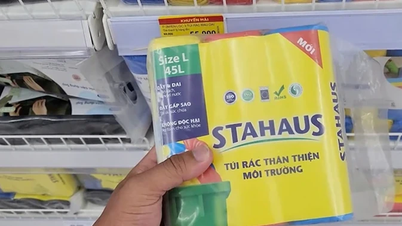

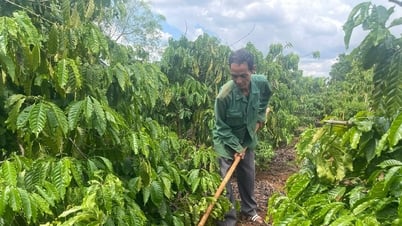





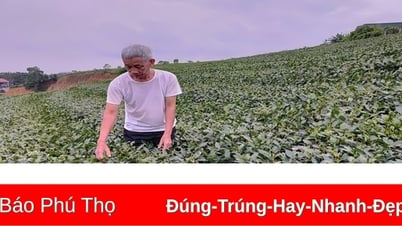
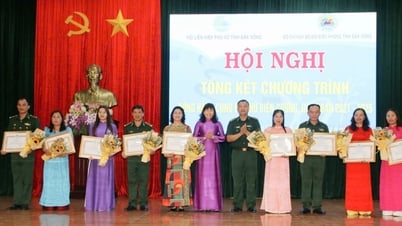

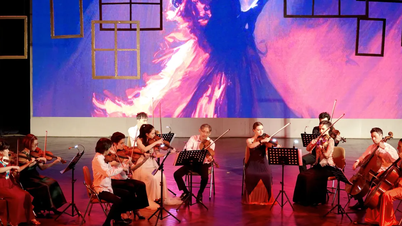

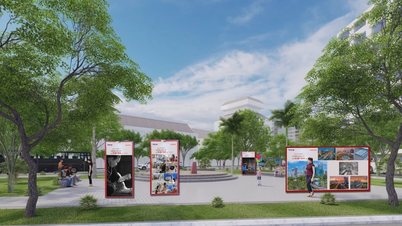

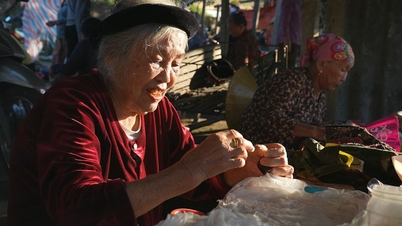

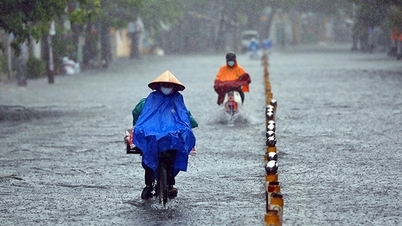

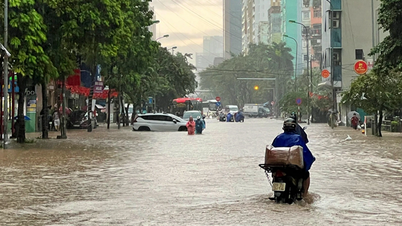





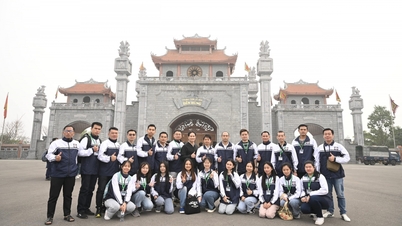
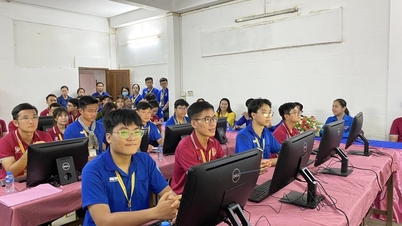

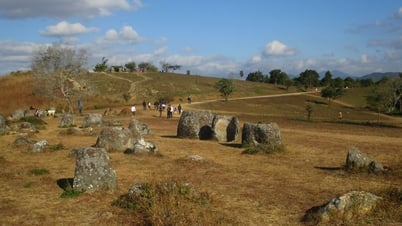
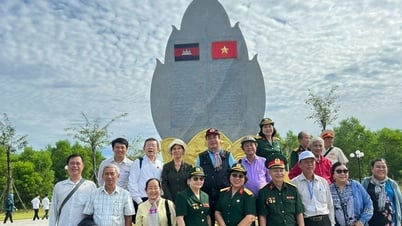












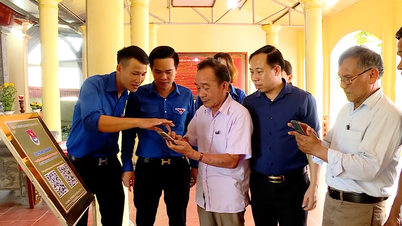



























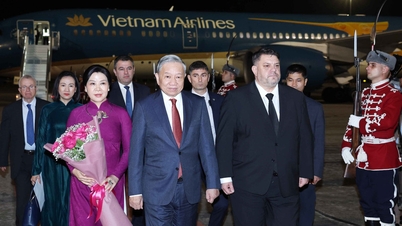


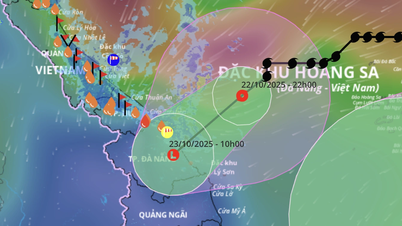
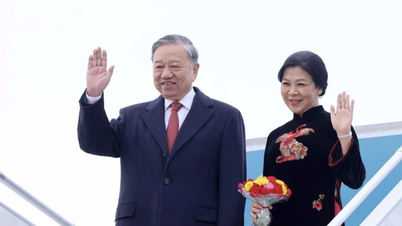


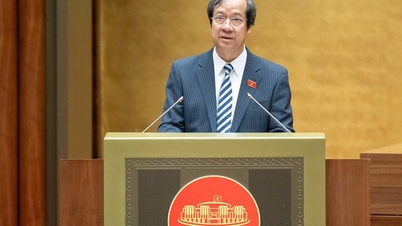

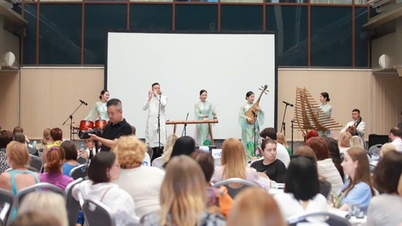
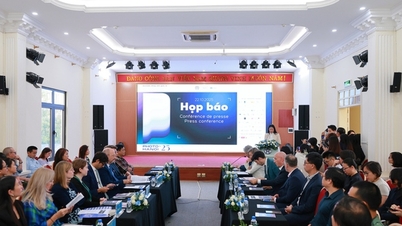
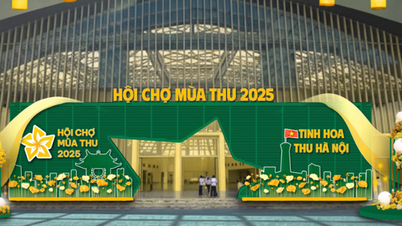
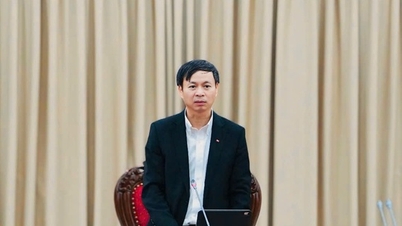


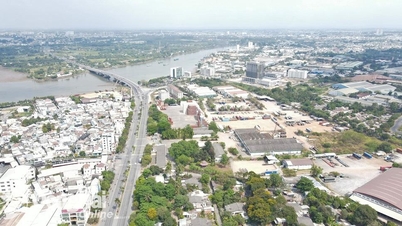

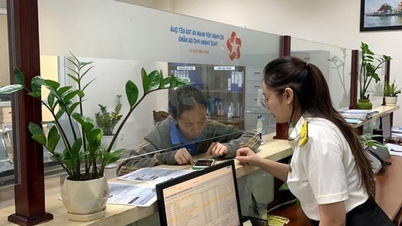

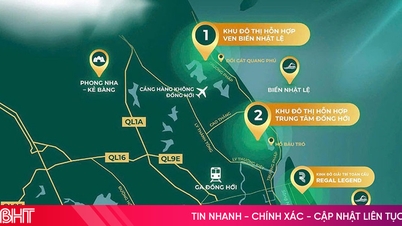

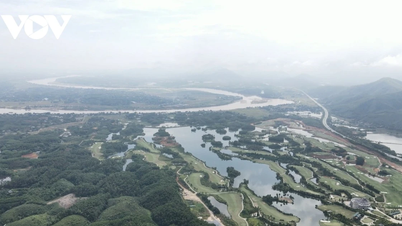

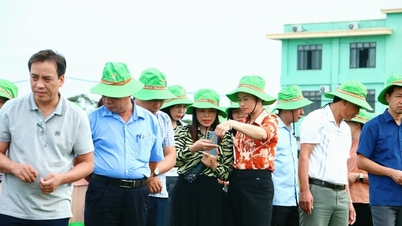

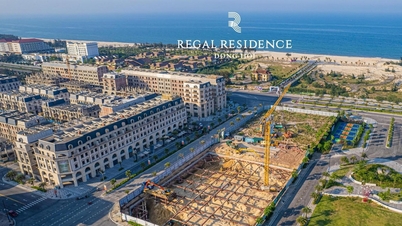








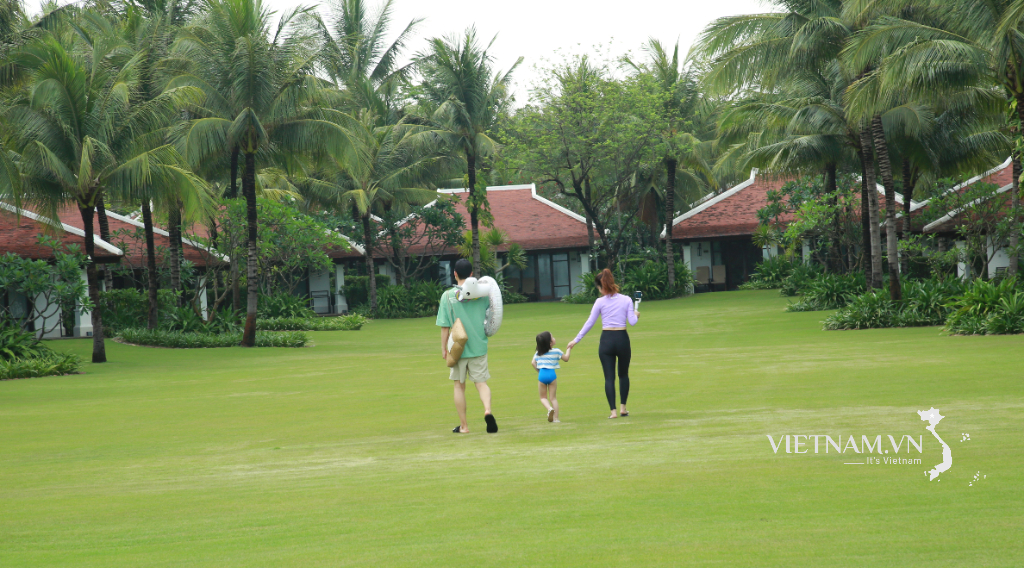

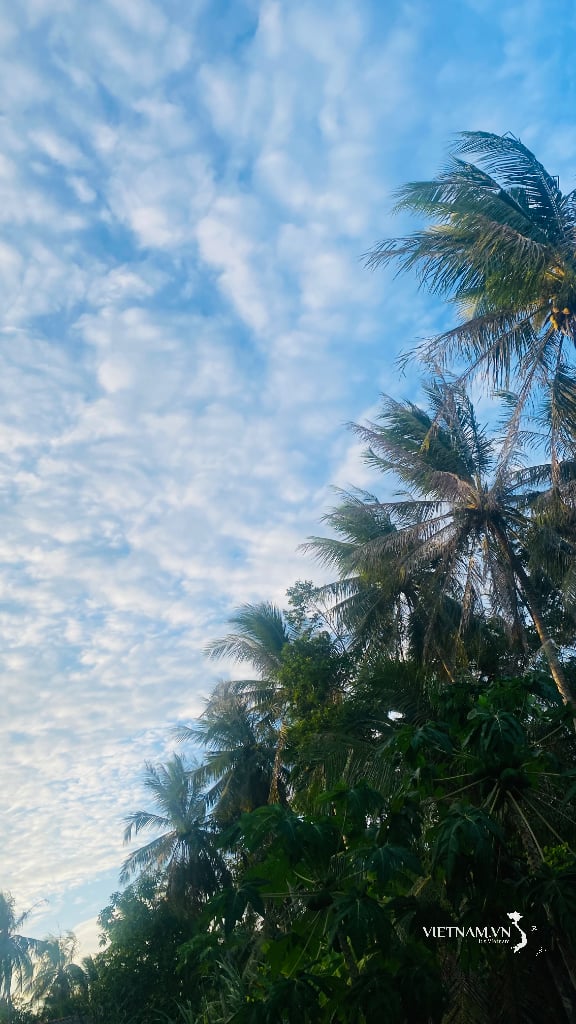

Comment (0)